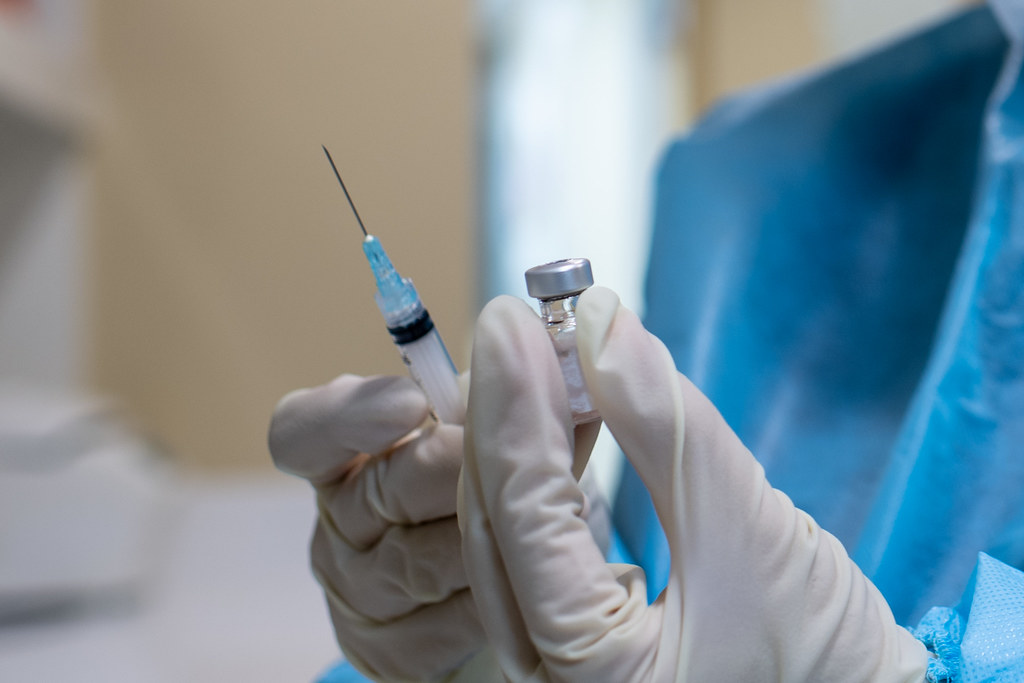
How Self-Rated Health and Vaccine History Influence MPOX Vaccine Acceptance: A Study in Ghana
The recent outbreak of monkeypox (MPOX) has highlighted the importance of understanding factors that drive vaccine acceptance, especially in high-risk regions. Ghana, designated as a high-risk country, faces the ongoing challenge of effectively managing infectious diseases within the framework of its public health system. A recent study published in PLOS Global Public Health explores two key predictors of MPOX vaccine acceptance in Ghana: individuals’ self-rated health and their previous vaccine history. These findings have potential implications for future public health policies aimed at improving vaccine uptake.
Study Overview and Objectives
This cross-sectional study, conducted across four major cities in Ghana, aimed to determine if self-perceived health and prior vaccination experiences could predict a person’s willingness to receive the MPOX vaccine. By focusing on these factors, researchers sought to contribute valuable data to inform vaccine promotion strategies tailored to public health emergencies.
Methodology
The research team conducted a survey from October 2022 to October 2023 across Accra, Kumasi, Tamale, and Wa. This in-person survey utilized a random sampling technique, with participants being selected every fifth household after a randomly chosen starting point. The survey reached 2,059 adults who were proficient in either English or the dominant local languages. Data collected included information on participants’ demographics, previous vaccine uptake, self-rated health, and MPOX vaccine knowledge.
Data Collection
The survey covered a range of sociodemographic details, including age, gender, employment, income, and health insurance status, while collecting self-reported data on prior vaccine acceptance and current health status. Self-rated health responses were categorized as “excellent” or “poor,” simplifying analysis while recognizing the subjective nature of health assessment. Similarly, the survey tracked previous vaccine uptake, dividing responses into groups that had accepted, rejected, or declined to comment on prior vaccinations. The questionnaire included knowledge-based questions about MPOX, gauging participants’ understanding of its transmission and prevention.
Key Findings
1. Vaccine Uptake History and MPOX Vaccine Acceptance
One of the most significant findings in this study is the influence of previous vaccination history on MPOX vaccine acceptance. Participants with a history of vaccine acceptance were substantially more likely to be open to receiving the MPOX vaccine. The adjusted odds ratio (AOR) of 0.29 (95% CI: 0.19–0.44) indicates that those who had previously refused vaccines were nearly 70% less likely to consider the MPOX vaccine.
2. Self-Rated Health and Vaccine Acceptance
Self-rated health also emerged as a predictor, with individuals rating their health as “poor” being initially more likely to accept the MPOX vaccine. However, when adjusted for sociodemographic factors, this association weakened, suggesting that other variables, such as age, gender, and socioeconomic status, could be more influential in shaping vaccine acceptance. These factors appear to mediate the relationship between health perception and vaccine willingness.
3. Sociodemographic Predictors
The study also found a strong link between gender, age, and MPOX vaccine acceptance. Women, as well as older adults over 40, were more inclined to accept the vaccine than their counterparts. This aligns with global research indicating that women and older adults often exhibit higher health consciousness and vaccine acceptance. Additionally, married individuals and unemployed individuals showed higher willingness to receive the vaccine, a trend that may reflect increased concern for personal and family health.
Public Health Implications
1. Enhancing Vaccine Acceptance through Targeted Campaigns
This study underscores the importance of targeting people with a positive history of vaccination as advocates in public health messaging. Testimonials and education from those who have received vaccines could help dispel fears and encourage vaccine uptake. Public health campaigns may benefit from enlisting community figures who are trusted and have had positive vaccination experiences, particularly in rural and resource-limited settings.
2. Integrating Self-Rated Health Assessments in Public Health Initiatives
Given the initial findings that those with “poor” self-rated health were more likely to accept vaccines, health campaigns could consider integrating self-assessment tools in public health screenings. These tools could help identify individuals who may perceive themselves as vulnerable and therefore open to vaccination. Such programs would need to address barriers these populations face, such as vaccine access, misinformation, and logistical obstacles.
3. Sociodemographic Sensitivity in Vaccine Outreach
The study’s finding that women and older individuals are more likely to accept the vaccine indicates a need for gender- and age-sensitive approaches in outreach efforts. Customized messaging and outreach strategies, including flexible vaccination locations and times, could make vaccines more accessible to these groups. Men, who showed comparatively higher vaccine hesitancy, may benefit from messaging that emphasizes protecting community and family health.
4. Addressing Knowledge Gaps about MPOX
Understanding the transmission and prevention of MPOX was associated with higher vaccine acceptance. Public health agencies could create information campaigns addressing MPOX-specific misconceptions and providing clear, accessible information. In contexts where misinformation spreads quickly, particularly on social media, proactive communication can significantly impact vaccine acceptance.
Conclusion
This research demonstrates that vaccine acceptance is not solely based on a single factor, but rather an intricate combination of personal health perceptions, prior experiences with vaccines, and sociodemographic variables. Policymakers and health advocates in Ghana—and potentially in similar settings—should consider these factors when designing public health interventions aimed at increasing MPOX vaccine uptake. By understanding and addressing the nuances in vaccine hesitancy, particularly around self-perceived health and prior vaccine history, public health systems can more effectively prepare for future public health emergencies.
The study’s insights underscore the need for a multifaceted, evidence-based approach to public health communication, with a focus on fostering trust, addressing health disparities, and making vaccines more accessible to diverse populations.
The featured image for this article was gathered from Flickr and taken by Ariel Javellana.
